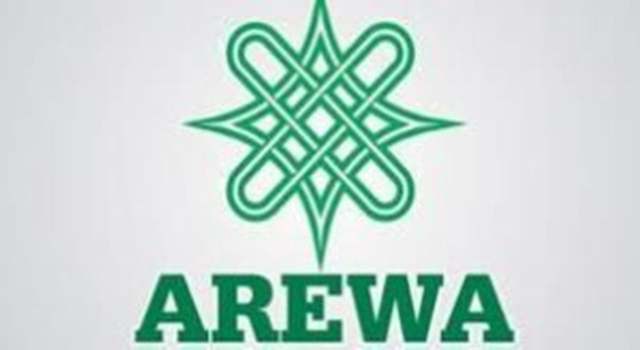A youth group, the Arewa Youth for Development and National Unity has said that it members were not against the Naira redesign policy of the Central Bank of Nigeria( CBN) but were appealing for an extension of the January 31st deadline so as to accommodate the rural populace.
Speaking at a press conference in Kaduna on Saturday,National Coordinator of the group,Comrade Hamza Muhammad Haruna who was together with the Director of Public Affairs,Isa Muhammed Nma and other officials, said they were worried with the deadline of January 31st, 2023, just three days away.
“We were worried at the beginning that the three months window given for the currency swap was insufficient even if all the variables necessary for a smooth currency change remain constant.”
“Our nation, sadly, suffers considerable deficit in banking infrastructure. As a result, there is a large population of fellow compatriots in the north and especially in rural areas operating outside the banking system.”
“As we speak, this particular class of citizens who daily conduct their businesses in cash in countrysides and rural markets, are going through a grueling experience, waiting hours unend to bank their cash. In the rare chance they bank their cash, their nightmare begins all over again, for, accessing the new notes is another uphill task exacting the same degree of difficulty as in saving their money,”
“Gentlemen of the press, the currency swap regime started in October 2022, with a window of three months. This period is inadequate from the word go. In developed countries like the UK, this process takes a minimum of three years with the old currency existing side by side with the new one.”
“Presently, UK is undergoing a new currency change with the demise of the longest monarch, Queen Elizabeth II. In keeping with tradition, the new currency bears the image of the new King Charles III. This is the UK with over three hundred and fifty banks in all the nook and crannies of Britain,” the group said.
The group alleged that up till this weekend, most commercial banks were still dispensing the old notes, “confirming our apprehension that the deadline is not feasible.”
The group however, appealed for an extension of the deadline to accommodate “majority of Nigerians, especially those in rural Nigeria who form 70 to 75 percent of the populace.”



